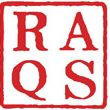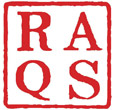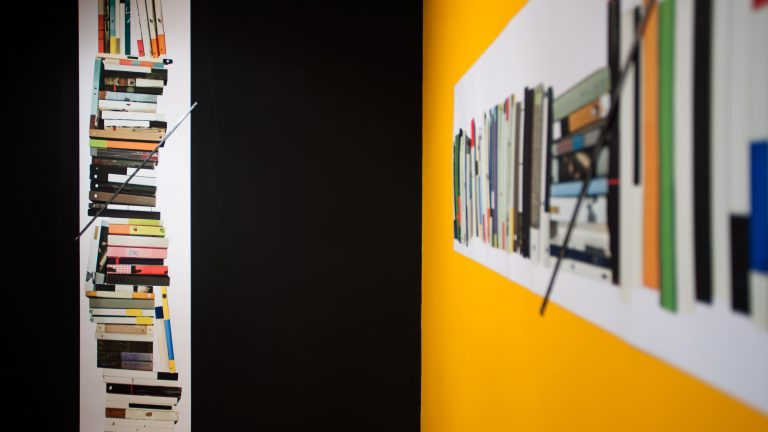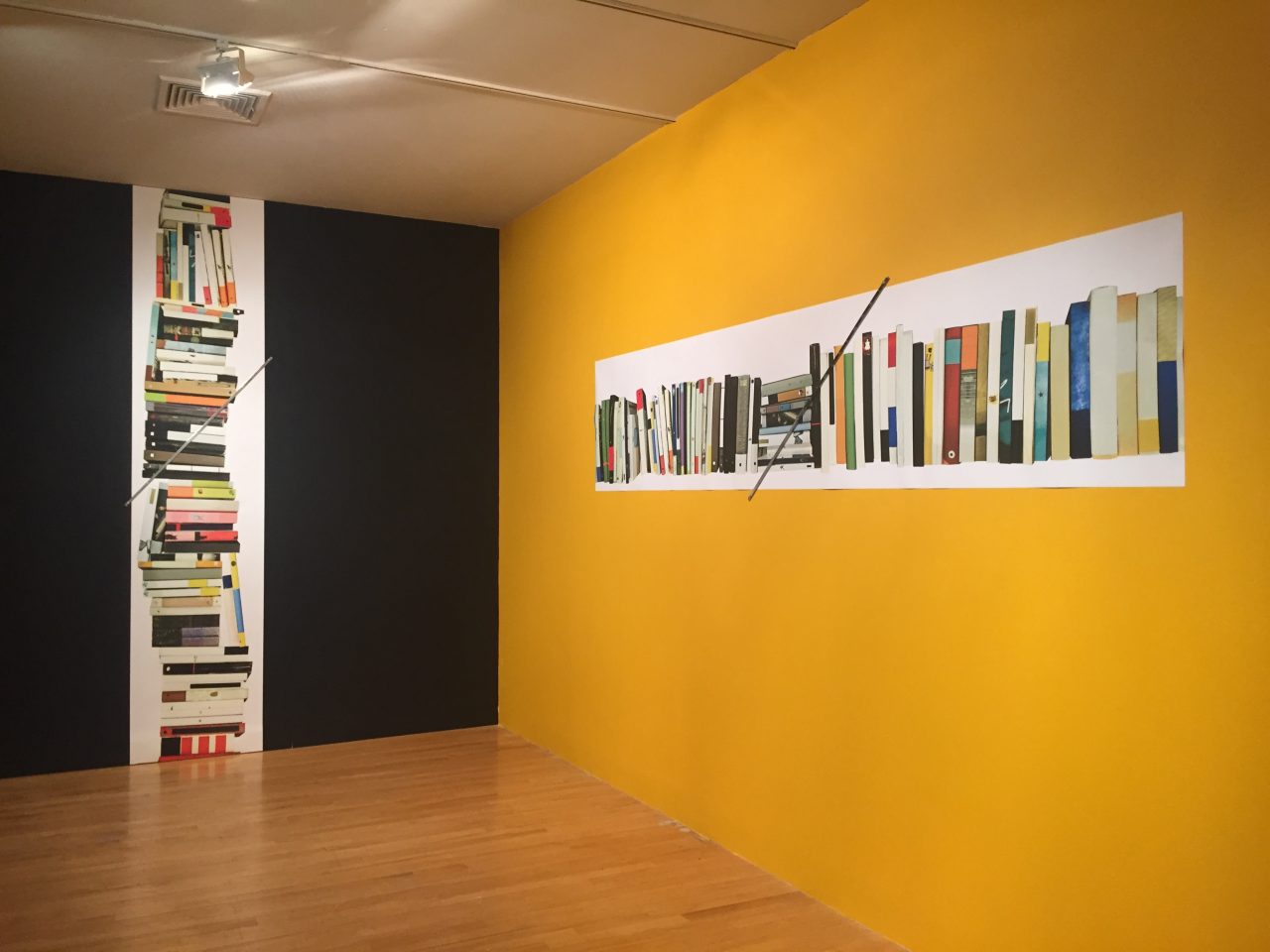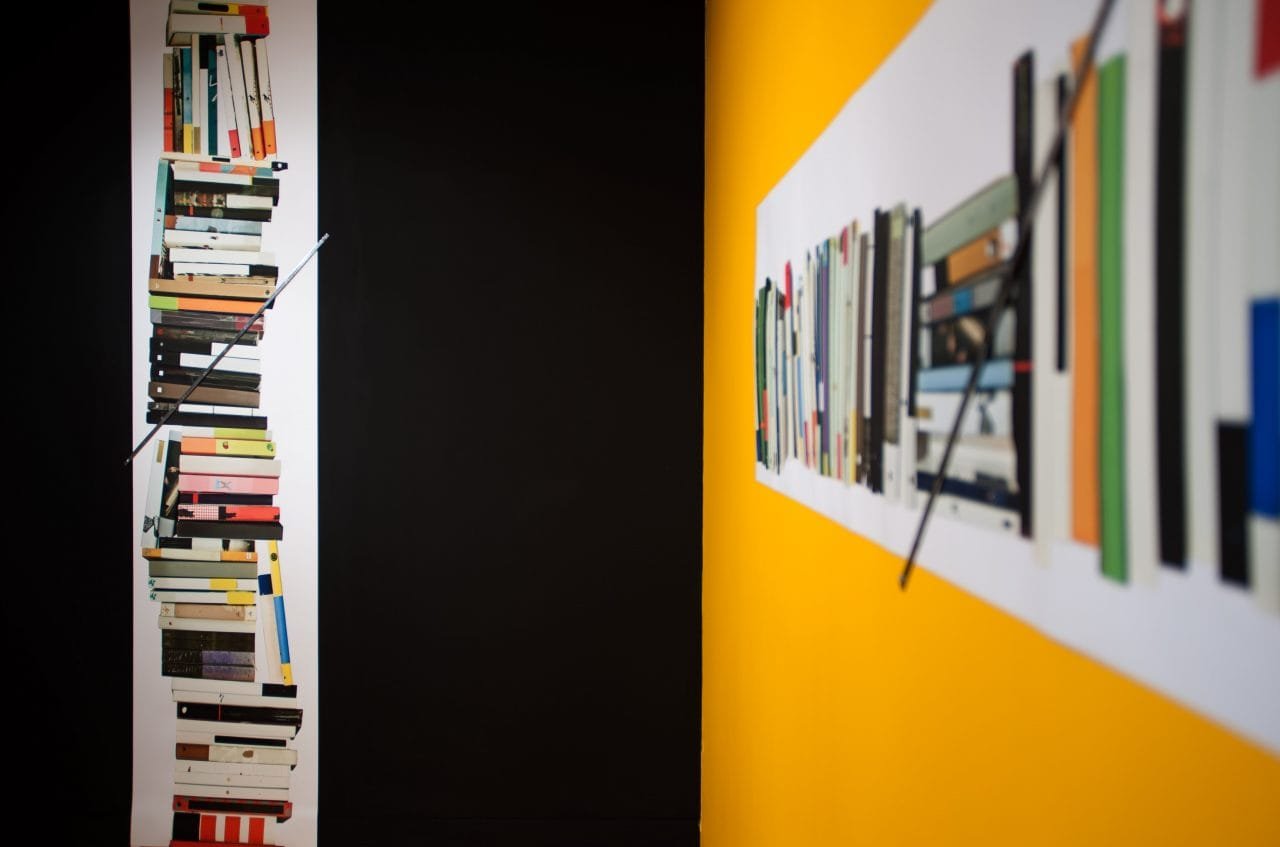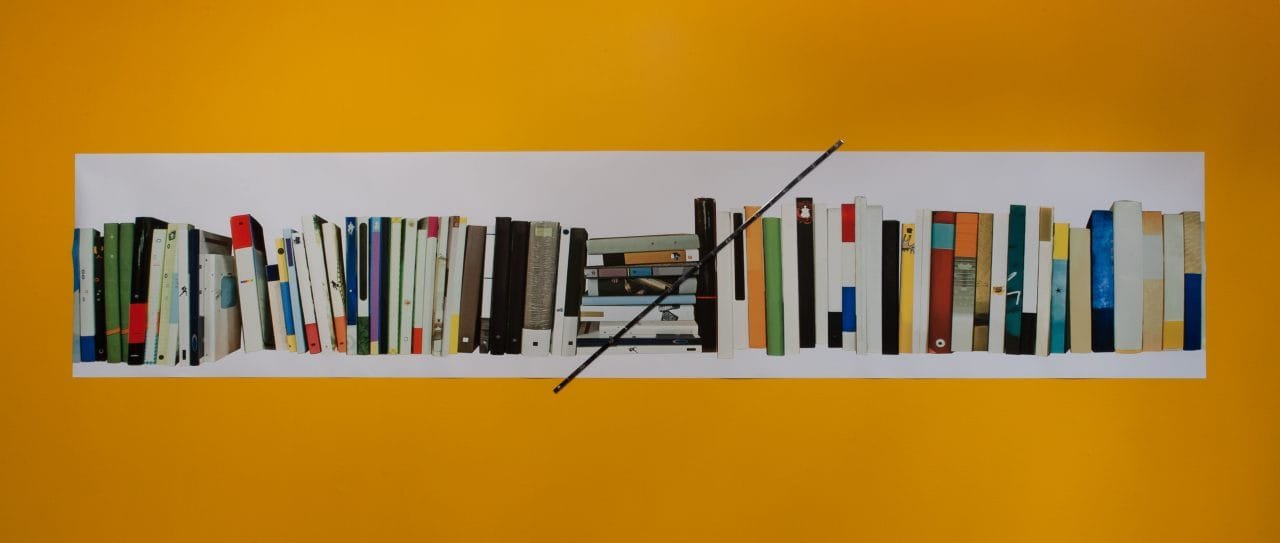The Namak Haram’s Philosophy, Revised
Shown at: ‘Words, A user’s manual’, Gallery 320, New Delhi (2012)
Treated Photographic Diptych
96.6 inches x 24.4 inches
Every book demands another, but not all of them get written. Every debt demands to be paid, but not all are redeemed. Then there are the debts that we owe to the all that we read, which we can never really repay. In that sense we are all namak-harams, defaulters to the debt of purloined knowledge. Someday, a Hamlet will issue a stern reprimand, saying, “There are more things on heaven and earth, namak-haram, than are dreamt of in your philosophy”. He will be reminding us of the things we owe, with interest.
Somewhere, there might exist a library dedicated to the philosophy of the namak haram, stacked high with books filled with the unwritten word. What titles would one browse if one came across its stacks, folded into the course of a tiring day like a mirage in a desert? Can books be desired into existence by reciting the spells that are waiting to be read off the surfaces of their wished-for spines? Can the Namak Haram ever repay his debts, with interest?
The Philosophy of the Namak-Haram is a work that speaks to bibliophilia, day-dreams, intellectual debt (which doesn’t yet have lawyers, unlike intellectual property) and the pleasures of book-binding. The treasures its invokes are always waiting to be read.
One meter of truth (knowledge)
Shown at: SMFA (School of the Museum of Fine Arts), Boston (2015)
A stack of books, their spines mysteriously bereft of titles, invoke an imagined library of as yet unwritten words. The absent titles on the spines accumulate to form a backbone for thoughts that need articulation. This could be knowledge that still lies in waiting, or a store house of untried ideas. Before a thought finds the vehicle of words, it has to find its fuel in silence.
No transports of knowledge are possible without stepping into the unknown. Which idea takes flight, which question arrives, or departs is what makes the waiting worth its while. The question of a sustainable future is deeply tied to new ecologies of knowledge. Knowledge, like nature, is also a system where the life forms of ideas are endangered by forms of intellectual enclosure. Keeping the doors of knowledge open to new ideas, and ensuring that the commons of knowledge are not poisoned by the principles of hierarchy and property are one of the reasons why we feel there will always need to be worlds that still wait to be churned.
On the question of standards while considering the freedom of speech, after Duchamp
Shown at: ‘Utopia Station’, Davis Center for Historical Studies, Princeton University (2006)
Printed postcard
10 x 15 cm
A piece in response to the invitation from Molly Nesbit, Hans Ulrich Obrist, Rirkrit Tiravanija on the occasion of Utopia Station at Shelby Cullom Davis Centre for Historical Studies, Princeton University
